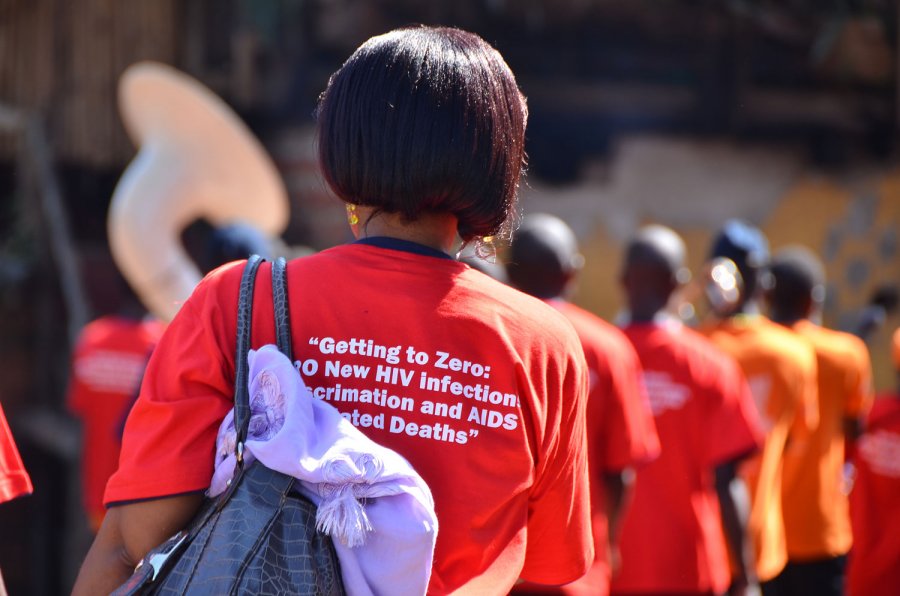World Health Organization urges action against HIV drug resistance threat – expert comment
20 July 2017 London School of Hygiene & Tropical Medicine London School of Hygiene & Tropical Medicine https://lshtm.ac.uk/themes/custom/lshtm/images/lshtm-logo-black.png
The 2017 World Health Organization HIV Drug Resistance report shows that in six of the 11 countries surveyed in Africa, Asia and Latin America, over 10% of people starting antiretroviral therapy had a strain of HIV that was resistant to some of the most widely used HIV medicines.
HIV drug resistance develops when people do not adhere to a prescribed treatment plan, often because they do not have consistent access to quality HIV treatment and care. People with drug-resistant HIV will fail therapy and could also transmit drug-resistant viruses to others. The level of HIV in their blood will increase unless they change treatments which could be more expensive and, in many countries, harder to obtain.
Of the 36.7 million people living with HIV worldwide, 19.5 million people were accessing antiretroviral therapy in 2016. If no action is taken in the next five years, increasing HIV drug resistance could lead to an additional 135,000 deaths and 105,000 new infections, and HIV treatment costs could increase by an additional $650 million during this time.
Is the rise in HIV drug resistance surprising? And how can countries respond to the threat? Dr Stephane Hue, Assistant Professor in Phylodynamics at the London School of Hygiene & Tropical Medicine, said:
“This rise in pre-treatment HIV drug resistance in some low-and middle-income countries (LMIC) is an expected consequence of the essential recent scale-up of HIV treatment in these areas. It is of course concerning, especially given the short-term goal of supressing the viral load of 90% of people on HIV treatment worldwide, and if we consider that these figures are likely to underestimate the scale of the problem - data in this area remains scarce and incomplete. We may also assume that a proportion of undiagnosed HIV-infected individuals play a role in carrying and transmitting drug resistant viruses.
“Despite this, positives can be drawn from the report. The rise mainly concerns a particular class of drug that is used as a first treatment in LMIC, but resistance to other classes of anti-HIV drugs remains low. This means an alternative arsenal of drugs is available to use when an alarming rise in resistance occurs. Also, the number of people who respond well to treatment is generally high and increasing, showing that our goal of successfully treating most HIV-infections is perhaps achievable in the not too distant future.”
Our postgraduate taught courses provide health practitioners, clinicians, policy-makers, scientists and recent graduates with a world-class qualification in public and global health.
If you are coming to LSHTM to study a distance learning programme (PG Cert, PG Dip, MSc or individual modules) starting in 2024, you may be eligible for a 5% discount on your tuition fees.
These fee reduction schemes are available for a limited time only.